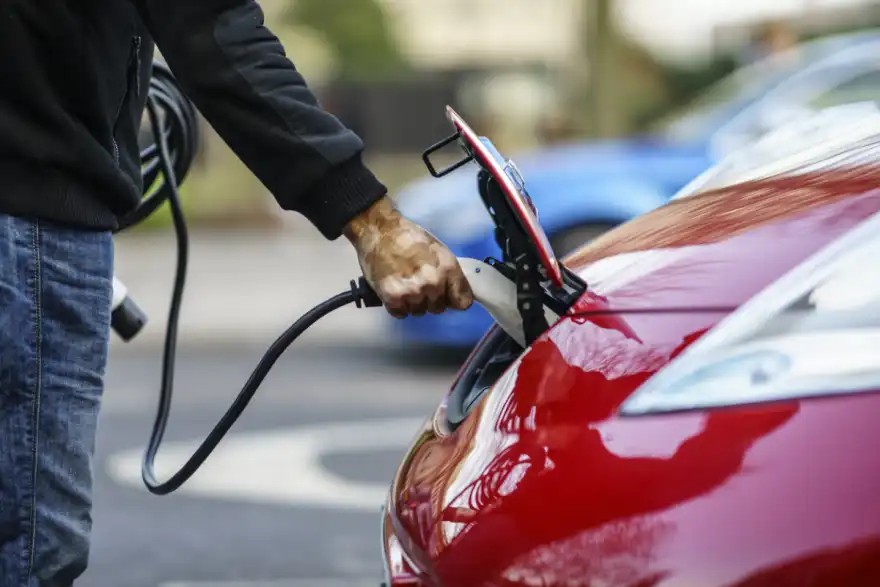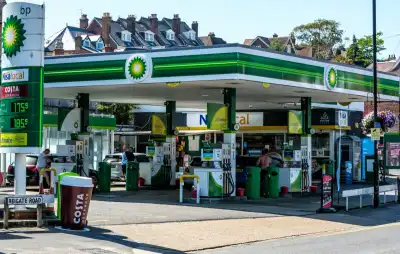
Electric cars are officially racking up more miles than their petrol and diesel rivals.
According to data experts at Solera cap hpi, the average EV in the UK now covers 8,740 miles a year—up from just 6,355 miles back in 2015. That’s 444 miles more per year than the average petrol or diesel car. This shift is driven by better battery tech, more charging stations, and a wider variety of EV models. A decade ago, most EVs were small city cars—now, there are electric options for everything from SUVs to performance cars.
But there’s another reason petrol cars are being driven less: the way we live and work has changed. Since the pandemic, remote work and online shopping have reduced the need for daily commutes and shopping trips. On average, petrol car mileage has dropped 12% over the last decade.
Dylan Setterfield, head of forecast strategy at cap hpi, explains, “Our data reveals that people in the UK are driving increasingly fewer miles now than they were 10 years ago. It also shows that EV motorists now travel further in their cars than drivers of petrol cars, and have been doing so consistently for almost two years.”
This trend isn’t just happening in the UK. Across Europe, EV sales are booming—up 28% in the first two months of 2025. Germany saw a massive 41% increase, with Belgium and the Netherlands also showing big gains. However, France saw a slight drop in EV sales, and overall car sales across Europe have taken a hit, with petrol and diesel registrations down over 20%.
Back in the UK, all eyes are on the government’s response to the Zero Emission Vehicle (ZEV) Mandate. The current plan aims to ban new petrol and diesel car sales by 2030, but many in the industry are pushing for fresh incentives to make EV adoption even faster.
What do you think—are EVs finally taking over, or is petrol power still holding strong? Let us know in the comments!



